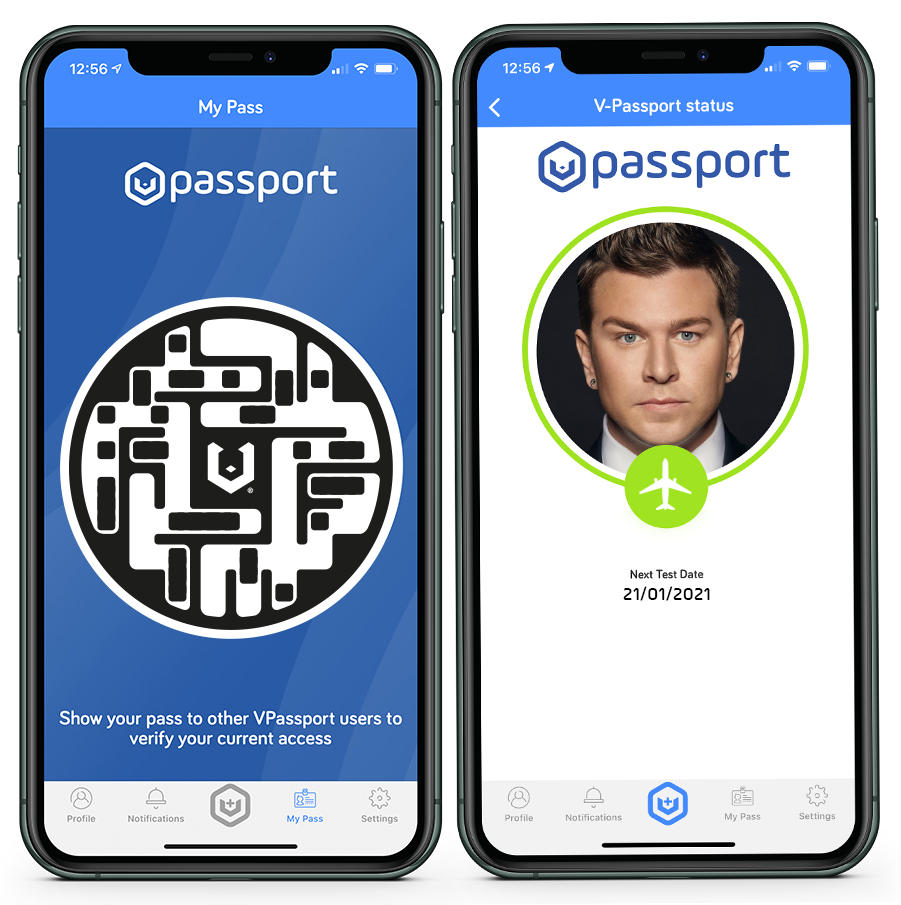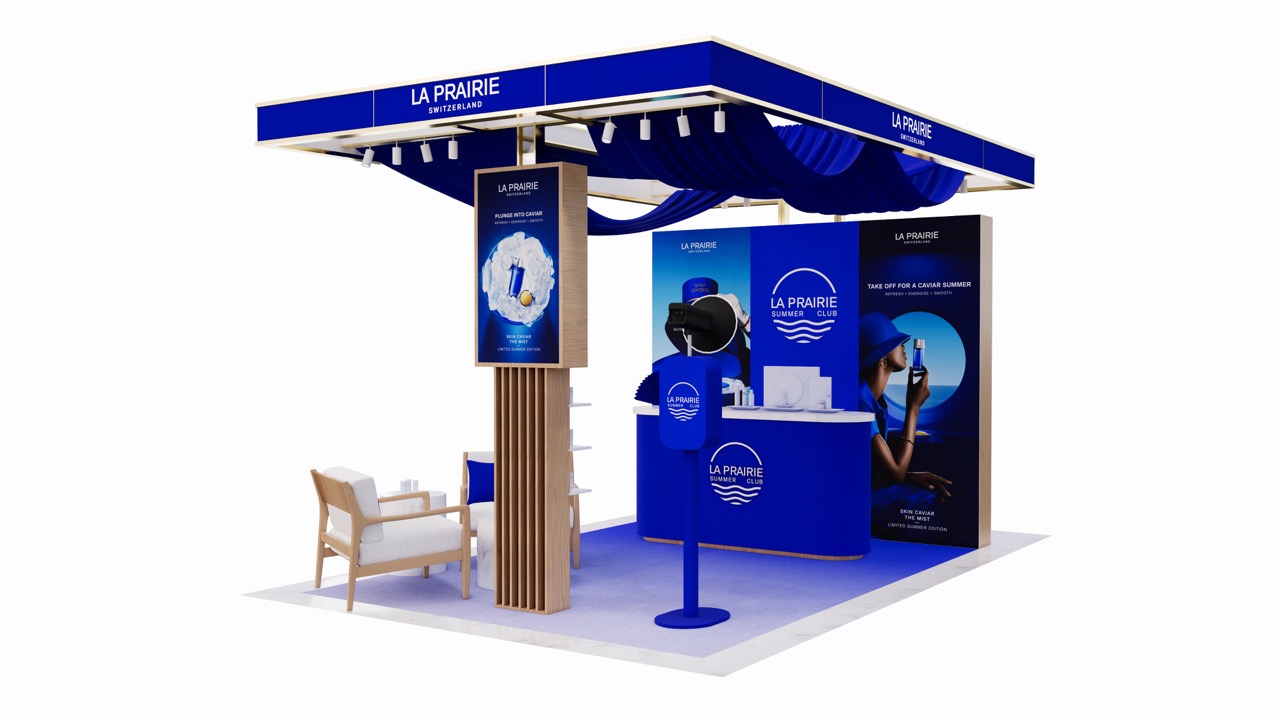UK/INTERNATIONAL. Cyber technology company VST Enterprises (VSTE) is launching a health passport designed for air travel.
The company says its V-Health Passport is the world’s first publicly available secure digital health passport that the public can download and use alongside any form of COVID-19 testing and vaccination.
The cross-border platform can be downloaded from the Apple App Store or Google Play by searching for ‘VPassport’ or by visiting www.v-healthpassport.co.uk. Airlines and transport carriers can also download and use the system.

The V-Health Passport uses VCode code scanning cyber security technology to provide airline passengers and airlines with a secure digital passport that validates the passenger’s identity, authenticates their COVID-19 test result and vaccination/immunisation details in one secure app. It also provides airline passengers and airlines with a contact tracing technology which uses anonymised data.

VSTE CEO and inventor of the VCode technology and V-Health Passport Louis-James Davis said: “We are the first technology company in the world to have developed a secure, multipurpose, cross corporate and cross government digital health passport that does not rely on using bar codes or QR codes as its authentication technology.
“Both bar codes and QR codes have huge potential security implications as they can be cloned and hacked with the latter being subject to a process called attagging. Therefore, any suggestion of using this type of technology in a health passport for air travel has very real security risks. Not only is a citizen’s personal information at risk, but their COVID test status, vaccination records and also their credit card information.
“All of this can lead to the very real potential of a massive data breach and a person’s personal information and data hacked and stolen. This is of particular concern when using a bar code or QR code technology designed for use to authenticate a person’s COVID-19 testing and/or vaccinations records.”













